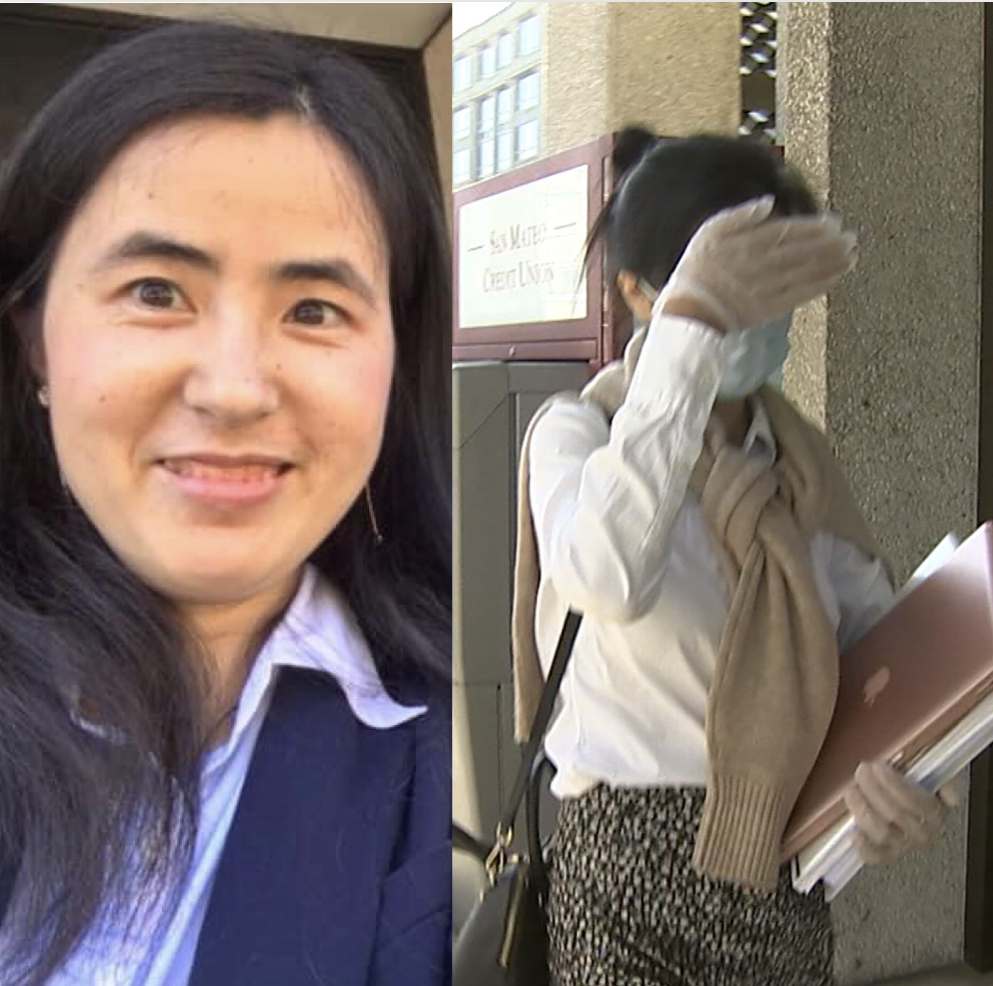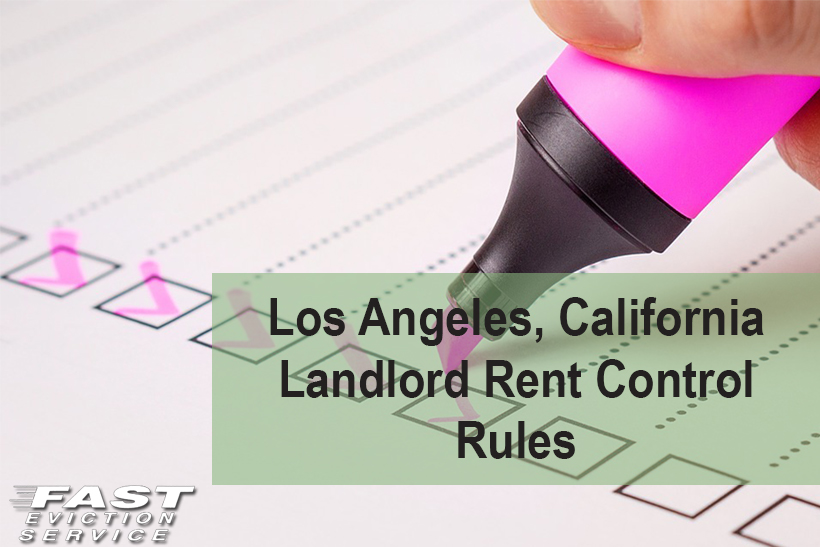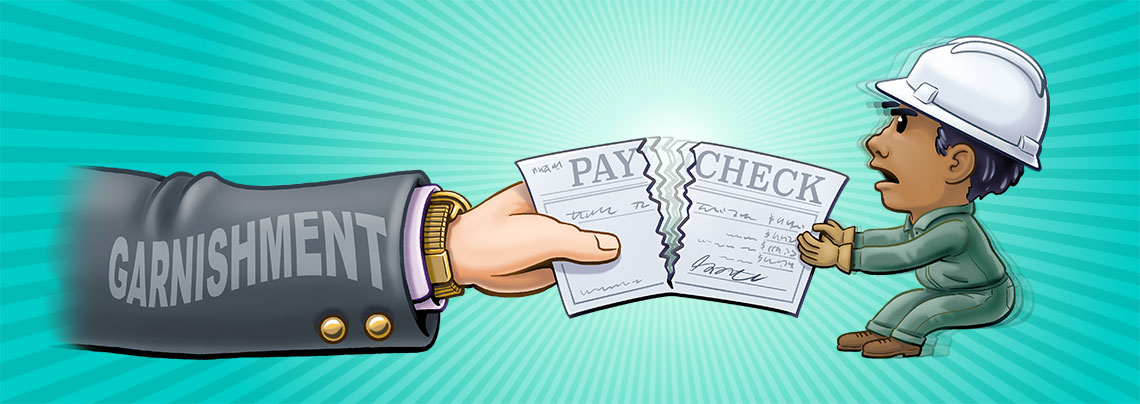Some tenants choose to leave within the 14-day timeline because vacating may allow them to avoid the eviction lawsuit. The landlord may still be able to file a lawsuit against them or send them to collections in an attempt to recover money they owe. A 14-day notice to pay or vacate can be served upon a tenant who is even one day behind or one penny short in rent.
How To Get Court Eviction Order Most rental agreements indicate a due date for the rent, usually the first of the month, and some indicate a grace period before the rent is to be considered late, usually three to five days later. The Residential Landlord-Tenant Act in Washington State does not specifically entitle tenants to a grace period of any kind. If the grace period passes and you have not paid your rent in full, your landlord can serve you with a 14-day pay or vacate notice and issue a late fee.
The 14-day notice is to be served to you, or a person of suitable age and discretion in your household, in person, or posted on your door and sent to you in the mail. Incorrect service in and of itself does not invalidate an eviction action against you, though it may become a defense in your eviction. It is likely if payment is not received in full within the 14-day timeline, and the tenant does not vacate the unit within 14 days, that the landlord will proceed to eviction court. The worst thing a tenant can do is ignore the notice or not communicate with the landlord about the notice or their inability to pay the rent. Keep in mind it is not in the landlord's financial interest to evict you, as it typically causes considerable financial loss for them. But if the landlord hears nothing from the tenant, they may assume that their only recourse is to file an eviction lawsuit.
What type of notice does a landlord have to give in a non-payment of rent case? If a landlord wants to evict you for not paying rent, the landlord must give you a written notice to either move or pay rent in 5 days. If you do not pay, the landlord can start an unlawful detainer action in General District Court .
What if I want to get someone out of my home, but we never signed a lease? However, a person allowed to live in someone else's home without any agreement to pay rent or become a tenant is a guest. Guests do not have these rights, and guests who refuse to leave the property may be removed either by the police or through a trespass warrant issued by a magistrate. A waste, nuisance, or illegal activity notice is less common, but requires quick action by any tenant who receives one.
Waste and nuisance, in this instance, are terms that indicate a gross offense on the part of the tenant, for example major destruction of the rental unit or an arrest on the property. It may also include criminal offenses, including drug- or gang-related crimes. This notice does not give the tenant the option of complying, but instead requires that the tenant vacate the property immediately in order to avoid an eviction lawsuit.
Sometimes the landlord may give a 3-day notice for waste or nuisance when it is not appropriate. Seek legal advice and assistance if you receive a 3-day notice to vacate for waste or nuisance. If you are not able to pay the rent you owe, you do have the option of vacating the unit within the fourteen day timeline.
This will prevent the landlord from taking you to eviction court, and you will avoid having an eviction lawsuit on your record. Turn in your keys and document to your landlord that you're vacating the unit, so your landlord can inform their attorneys not to file the eviction lawsuit. For information on how evictions can impact your ability to find rental housing, see Housing Search.
You may also receive an order to show cause with or soon after you receive the summons and complaint. This is a notice of the date of your court appearance, called the Show Cause Hearing. If the tenant responded to the lawsuit, both parties go to court. The show cause hearing is the tenant's chance to raise any and all defenses they have against the eviction lawsuit.
Tenants may be able to secure legal representation at the show cause hearing. The judge will hear both sides of the case and then make a ruling. Non-native English speakers have the right to an interpreter provided by the court.
Notify the court as soon as possible of your need for interpretation. Seek assistance and representation from legal services agencies at Legal Assistance Guide. For more information on the show cause hearing, see Eviction and Your Defense.
To bring a successful eviction lawsuit, your landlord must provide both types of notice. If you lose in court, you will be issued a judgment in the amount of money you owe in rent, court costs, attorney's fees, and other fees. The Sheriff will also serve you with a writ of restitution, the notice of when the sheriff is coming to oversee your removal from the property if you have not already vacated.
The deadline will be 3-4 days from the court date, the sheriff's name and phone number will be posted on the top of the writ. The date will list 12 am as the time of the eviction, but the sheriff will not show up to remove you at midnight. The sheriff may come to remove you and your belongings from the property any time after midnight of the date listed.
If you do not respond to the Summons and Complaint, you will automatically lose the eviction. The deadline for your response will generally be one week from the date you received the Summons and Complaint. Your answer will give you an opportunity to explain the circumstances surrounding the eviction and to present any defenses you have against the eviction lawsuit. See Legal Assistance Guide to find a legal aid agency to assist you with your response. On the front page of the Summons there is a date for response.
If you do not respond by that date, you will get a default judgment against you and will automatically lose the lawsuit. You can use forms to assist with your response, but it doesn't have to be in any particular format. However, your answer to the Summons and Complaint must be submitted to the court in writing prior to the due date in order to not automatically waive your right to a court hearing. If you want an opportunity to appear in court, at the bare minimum you must inform the landlord's attorney that you intend on appearing by filing a Notice of Appearance. It is very important that you document that the landlord or their attorney received your response before the deadline. You can fax it to their office and print out a fax confirmation sheet, or you can hand deliver it to their office.
Ask them to date and sign for it and note the specific time it was received. This is called a "redemption tender" and it can be given to the court either before or at the return date. The court must then continue the hearing for 10 days to allow for the money to be paid to the landlord. If it is paid in full within those 10 days, then the court will dismiss the case and you can stay. A tenant, including an indigent tenant, must take certain actions if they wish to stay in the property pending an appeal.
A tenant who fails to pay rent during this time can be evicted before a judge hears the appeal. The landlord can only keep the amount needed to cover actual costs. If the tenant's forwarding address is unknown, the landlord is not required to provide an accounting but must hold any remaining money for the tenant for at least six months. The new law affords a procedure for tenants who have been locked out or evicted and are being denied reentry to retrieve essential personal items.
The tenant has to file a motion within 5 days of the lockout or eviction, and then a hearing gets set within 5 days of filing. The court sets a hearing date, then orders the Constable to serve the notice of hearing on the landlord. After the court sets a hearing date, the statute says the court will "order a copy served upon the landlord by the Sheriff/Constable, or process server." Under either the general landlord tenant-law or the VRLTA, the landlord may not shut off utilities, lock the tenant out of the rental unit, or evict the tenant without giving notice and going to court. You do not have to move out just because the landlord tells you to leave and takes out an unlawful detainer.
Any statement in a lease that says you give up your rights to the court eviction process is not enforceable. What type of notice does a landlord have to give in other cases? If the landlord wants to terminate a month-to-month lease for a reason other than non-payment of rent, the landlord must give you a written notice to move out in 30 days if the rent is paid each month.
If it's paid by the week, then only a 7-day written notice is required. If you do not move by the end of the 30 days , the landlord may start an unlawful detainer action in General District Court. The Cook County Sheriff's Office is required to enforce eviction orders entered by the Circuit Court of Cook County. If you are facing eviction, it is important for you to understand the process and your legal rights. The Cook County Sheriff's Office does not provide legal advice and nothing on this website should be construed as legal advice. The information below is intended to provide residential tenants/defendants with a general understanding of the eviction process.
It does not address issues involving condo associations, mobile home sites or subsidized housing. Questions regarding your particular case and circumstances should be addressed with your attorney. If you do not have one, you may wish to contact legal aid services.
This notice should inform the tenant that the landlord is terminating the rental agreement and the tenant must vacate within 7 days or the landlord may file an eviction case in court. These notices include a Pay Rent or Quit, Cure or Quit Notice, or an Unconditional Quit Notice. Typically the reason for the notice dictates how much time you must give the tenant to correct the situation or vacate the property before filing for eviction. Some notices can provide as little as 3 business days for the tenant to pay rent or vacate, while other notices may require more than two weeks. To do so, you must give your landlord 30 days' notice that you intend to terminate your lease agreement because of the unlivable conditions in your residence.
Make sure you give your landlord a written notice and that you keep a copy for your records. Once your landlord receives that notice, they have 14 days to begin repairs, otherwise the lease terminates on the date you specified. If a tenant fails to pay the rent on time, the landlord may ask the court to approve the tenant's eviction.
That means that a landlord cannot lock a tenant out or force a tenant out by turning off the heat, water, or electricity. If a landlord takes one of these actions without a court order, a tenant can call the police and an attorney or a legal services organization. Similarly, a landlord cannot use eviction to retaliate for filing a complaint or lawsuit. This notice should inform the tenant that the tenant has 7 days in which to come into compliance or the landlord may terminate the tenancy. If the tenant fails to come into compliance or if the tenant continues the violation then the landlord may file an eviction in court.
Your landlord can't evict you without terminating the tenancy first. This usually means giving you adequate written notice, in a specified way and form. If you don't move after receiving proper notice (or else reform your ways—for example, by paying the rent or finding a new home for the dog), the landlord can file a lawsuit to evict you.
This type of lawsuit is sometimes called an unlawful detainer lawsuit. In order to win, the landlord must prove that you did something wrong that justifies ending the tenancy. After a Pay or Quit notice is served, the tenant has a specific number of days to comply with the lease or vacate the property. If the tenant fails to comply within the provided notice period, then an eviction may be filed against the tenant through the courts. The tenant is required to file a written answer with the clerk of court and the tenant must also serve a copy of the Answer on the Landlord or Landlord's attorney.
The summons, issued by the clerk and served on the tenant along with the eviction complaint will explain what action the tenant must undertake within five days. An eviction case in Florida is a legal case in court to obtain possession of a property from someone else in possession of the property unlawfully. Possession for property is generally referred to as Count I of the Eviction Complaint or law suit. Posting of the eviction court documents must be served by a Florida certified service processor. Service of the court eviction documents can take up to 3 business days.
You need to be prepared to leave the residence on the day of your trial. While it is not guaranteed that you will be forced to leave that day, it is entirely possible. Once the court issues the writ of restitution, you must immediately vacate the property . Consequently, it is important to make arrangements to store your personal property in case you are evicted. When the sheriff or process server comes to put you out, they will usually only give you a few minutes to pack some small belongings.
If you are on a month-to-month tenancy, without a lease agreement, both you and the landlord can terminate the tenancy with at least 30 days' notice. Pursuant to NRS 40.255, evictions following the foreclosure of residential property have special procedural requirements. The Constable's office may not provide legal advice on this process. Forms for post-foreclosure cases may be obtained at the Civil Law Self Help Center or through an attorney. The summary eviction process is NOT authorized to evict the former owner of the property or the tenant of the former owner of the property. To ensure you are following these specific statutory requirements it is recommended you seek the advice of an attorney in carrying out this type of eviction.
It is important to continue to pay your rent on time, to the new owner. You should always request a receipt for payment of rent, regardless of to whom it is paid, and you should not withhold rent. Withholding rent entitles the landlord to issue a five day pay or quit instead of giving you a 30 day notice. The Summons will provide you with specific information about the date, time and location that you are required to appear in Court.





























No comments:
Post a Comment
Note: Only a member of this blog may post a comment.